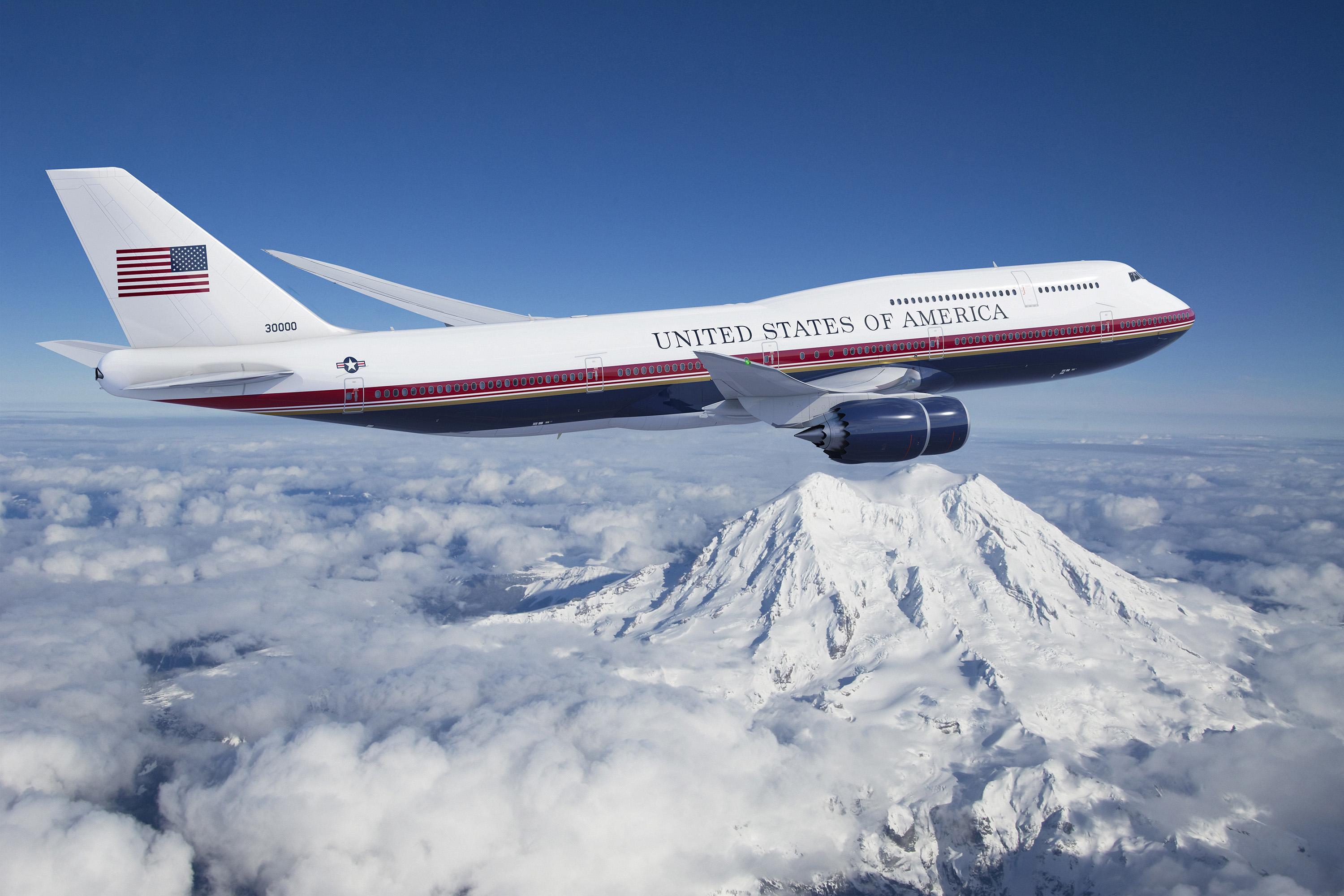
FARNBOROUGH—The next Air Force One will be further delayed, with delivery of the first aircraft from Boeing now expected in 2026 as the company deals with supplier issues, pandemic-related problems and a contract that limits how the service can speed up the process.
“We’ve had some schedule slips because of supply chain issues and because of various factors,” Air Force Secretary Frank Kendall said during an interview at the Farnborough International Air Show here. “So I think, like several other programs, Boeing’s in a loss position and they’re doing the best they can to make up lost ground and recover.”
The delivery of the first VC-25B, a converted used Boeing 747-800, previously expected in 2024. On June 28, William LaPlante, the Pentagon’s undersecretary of defense for acquisition and sustainment, approved the new schedule baseline with the first delivery planned for September 2026—a 24-month delay from the original contractual date. The second aircraft would be delivered in September 2027—a 36-month delay. The deliveries have “threshold dates,” meaning the latest they can be delivered without breaking the contract, of September 2027 for the first aircraft and February 2028 for the second.
“The VC-25B schedule is delayed due to a combination of factors including impacts from the COVID-19 pandemic, interiors supplier transition, manpower limitations, wiring design timelines and projected test execution rates,” the Air Force said in a statement.
Boeing has not requested an increase to the VC-25B contract price, despite a total $1.1 billion cost overrun the company has eaten because of the program's firm-fixed-price contract structure. Boeing CEO David Calhoun recently said the company probably should not have taken the $3.9 billion contract because of the costs.
New Boeing Defense & Space CEO Ted Colbert told reporters on the eve of Farnborough that the company has learned lessons from the contractual process and is now focusing on delivering the two aircraft.
“We can keep looking backward, you know, forever. But the goal right now is to deliver two great airplanes to the federal government, to our customer the Air Force,” Colbert says. “And so, the lessons are important to us, we are applying them moving forward, obviously, working on things like the schedule and the approach to getting them done, etc. . . . I won’t go into a bunch of specifics but trust that we made changes to the program.”
Kendall said the firm-fixed-price contract, while it saves taxpayer dollars, places all the risk on industry and can lead to delays without much the government can do to speed up the process.
“We’re gonna have some degree of protection, but you know, as with any fixed-price contract, we’re the ones who need the aircraft,” Kendall says. “So we can’t transfer all of the risk to industry. So now we will probably be stuck with [the timeline] and we’ll see how it goes. Maybe we can make up some ground.”
Boeing is converting two used 747-800s, originally built for a now-defunct Russian airline, into the VC-25B configuration. The process has bogged down, especially from a spat the company had with initial interior supplier GDC Technics, which declared bankruptcy in 2021. The delay has forced the Air Force to spend more money to modernize the existing two-aircraft VC-25A fleet, and the length of the latest update means the aircraft will need to enter another intensive maintenance cycle in which the plane is completely stripped to bare metal and rebuilt.
